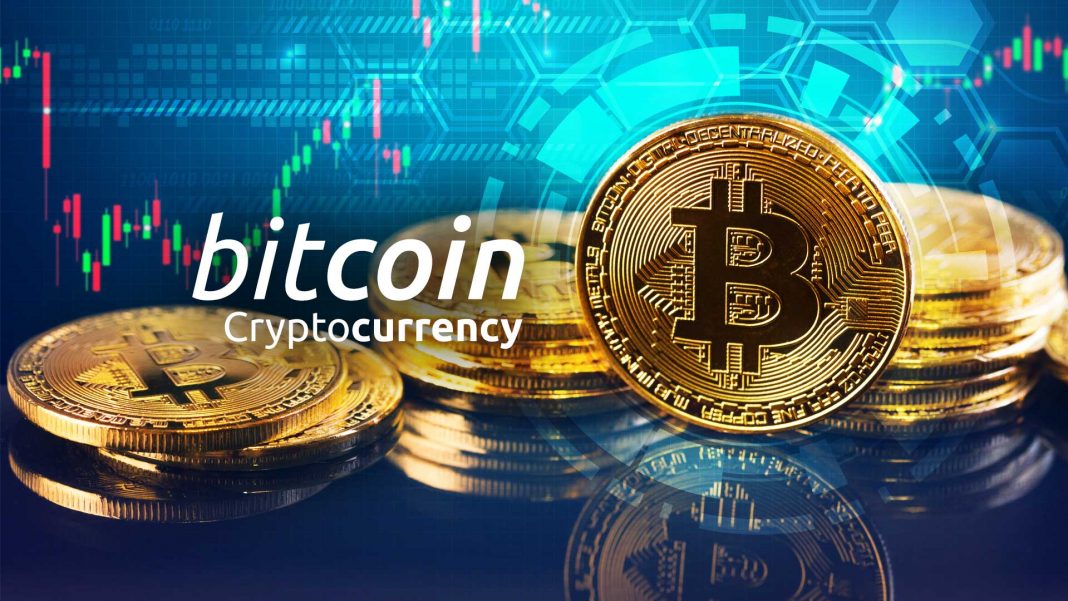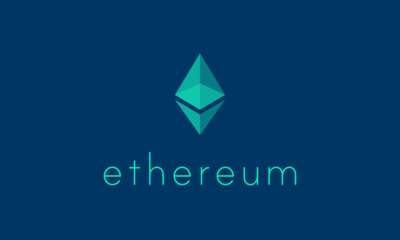Cryptocurrency
Banks In The US To Allow Customers to Buy, Sell, Hold Bitcoin Through Existing Bank Accounts

Cryptocurrency
U.S. Prosecutors Recommend 36-Month Prison Term for Binance Founder Changpeng Zhao
Cryptocurrency
SEC Philippines Urges Removal of Binance App from Google Play Store and Apple App Store
Cryptocurrency
Binance Loses Ground in Global Bitcoin Trading Amid Regulatory Challenges
-

 Forex3 weeks ago
Forex3 weeks agoZiG to the Rescue: Zimbabwe Shifts Gear with New Currency Backed by Gold
-

 Naira3 weeks ago
Naira3 weeks agoDollar to Naira Black Market Today, April 9th, 2024
-

 Billionaire Watch3 weeks ago
Billionaire Watch3 weeks agoNigerian Billionaire Tony Elumelu Contemplates Acquiring NPFL Club
-




 Naira3 weeks ago
Naira3 weeks agoDollar to Naira Black Market Today, April 8th, 2024
-







 Naira3 weeks ago
Naira3 weeks agoNaira Hits Eight-Month High at 1,120/$ Amidst Central Bank Reforms
-





 Naira2 weeks ago
Naira2 weeks agoDollar to Naira Black Market Today, April 17th, 2024
-







 Naira2 weeks ago
Naira2 weeks agoDollar to Naira Black Market Today, April 18th, 2024
-





 Naira4 weeks ago
Naira4 weeks agoDollar to Naira Black Market Today, April 1st, 2024
























